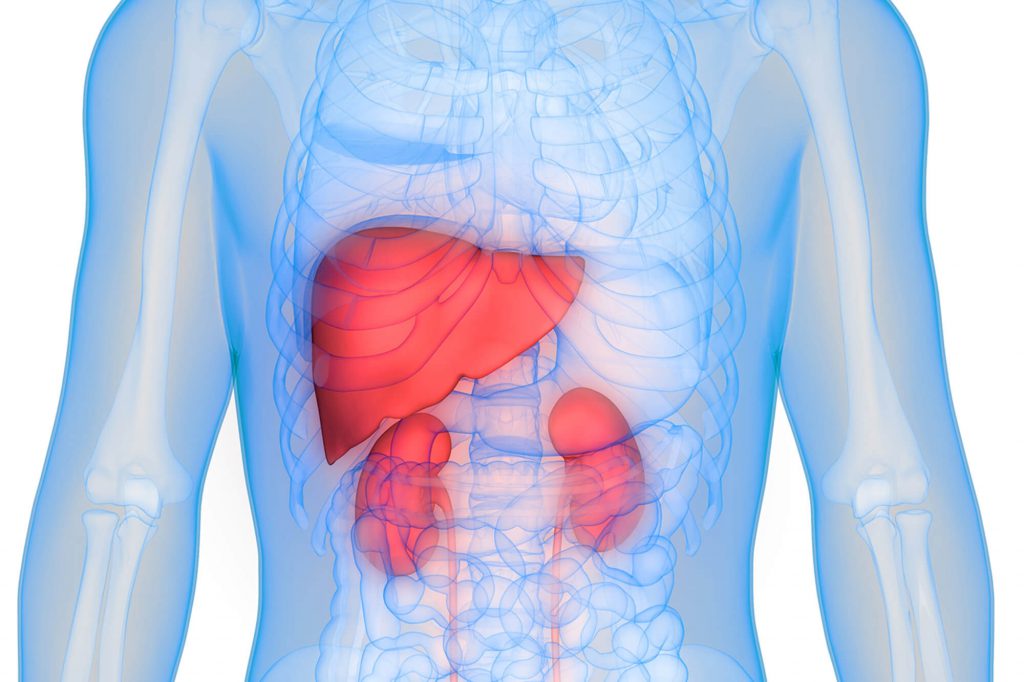Home » Screening Services » Kidney Function, Liver Function, and C-Reactive Protein Screening

Kidney Function, Liver Function, and C-Reactive Protein Screening
Kidney function, liver function, and C-Reactive Protein screening for men and women can help identify risk for kidney and liver damage before symptoms are present, as well as potential inflammation in the body, which could indicate atherosclerosis. All of these conditions can develop silently without symptoms, making screening even more important.
What these Screenings will tell you
- Kidney function screening: A simple finger-stick blood sample is all that’s needed to measure the creatinine level in the blood, which is used to estimate the glomerular filtration rate of the kidneys, or eGFR. The eGFR rate can indicate how well the kidneys are functioning to clear waste from the blood.
- Liver Function Screening determines if the liver enzymes Alanine Aminotranferease (ALT) and Aspartate Aminotransferase (AST) are elevated in the blood. These liver enzymes spill into circulating blood when liver cells are injured.
- High Sensitivity C-Reactive Protein Screening (with a finger-stick blood test) can help indicate inflammation in the body, which many studies have linked to cardiovascular disease1. The high-sensitivity screening is an advanced level of analysis, detecting even small changes in the c-reactive protein levels in the blood. This is important when evaluating a person’s overall risk for developing cardiovascular disease.
About these conditions
- Chronic Kidney Disease (CKD) occurs when damaged kidneys cannot filter blood effectively. Waste builds up in the body, which can lead to health problems like heart disease, poor nutritional health, stroke, anemia, nerve damage and bone disease. The two major causes of kidney disease in the U.S. are diabetes and high blood pressure.
- Liver damage can be caused by hepatitis, alcohol consumption, diabetes, obesity, or statin-lowering medication. Liver function screening is a simple finger-stick blood test to determine if the ALT and AST liver enzyme levels are in the normal range or if they are elevated, providing an early indication of liver damage.
- C-Reactive protein, a by-product of inflammation in the body, has been linked by many studies to heart disease1. When plaque forms in the arteries, it does not simply form there, it causes injury to the arteries, generating an inflammatory response, causing the body to release C-Reactive protein into the blood. There are no symptoms of high c-reactive protein; along with cholesterol levels, blood pressure, glucose levels, and other screening tests, CRP levels in the blood provide a more complete analysis of a person’s overall risk for cardiovascular disease.
Liver, Kidney, and C-Reactive Protein Screening Details
- Kidney Function: uses creatinine levels and estimated GFR to measure kidney function
- C-Reactive protein: this high-sensitivity C-reactive protein test identifies the presence of inflammation in the body, which can be a marker for cardiovascular disease or other problems
- Liver function screening to determine if the levels of ALT and AST enzyme levels are in the normal range or if they are elevated, providing an early indication of liver damage
Who is this screening for?
- Adults with hypertension (high blood pressure), diabetes, pre-diabetes, or are at risk for developing diabetes
- Adults with a family history of kidney or liver disease
- Adults with any of the risk factors for cardiovascular disease: high blood pressure, high cholesterol, diabetes, obesity (body mass index 25 or higher), smoking (past or present), or a family history of stroke or heart disease
Ages
Adults age 20+ who fit one of the descriptions above, and all adults age 40+.
Who is this screening for?
- Adults with hypertension (high blood pressure), diabetes, pre-diabetes, or are at risk for developing diabetes
- Adults with a family history of kidney or liver disease
- Adults with any of the risk factors for cardiovascular disease: high blood pressure, high cholesterol, diabetes, obesity (body mass index 25 or higher), smoking (past or present), or a family history of stroke or heart disease
Ages
Adults age 20+ who fit one of the descriptions above, and all adults age 40+.
1 C-Reactive Protein Test to screen for heart disease, Harvard Health Publishing, Harvard Medical School, March 21, 2017, https://www.health.harvard.edu/heart-health/c-reactive-protein-test-to-screen-for-heart-disease